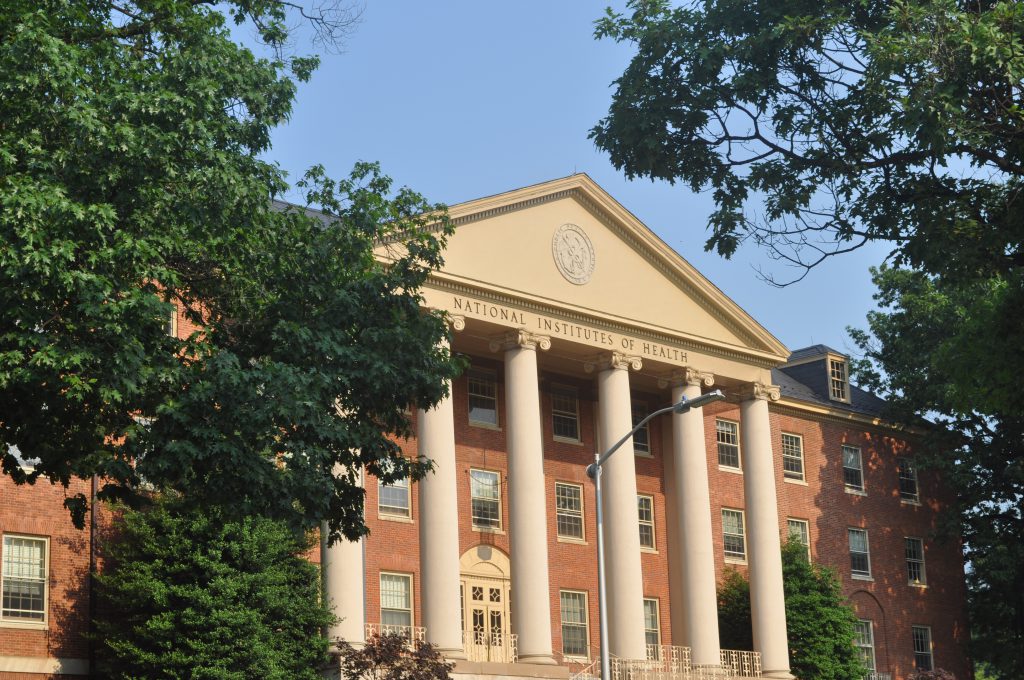NIH Funding for Research on the Societal Implications of Genomics Research
Researchers encouraged to study ethical, legal, and social impact of genomic research

The National Institutes of Health (NIH) has reissued a funding opportunity announcement for research on the ethical, legal, and social implications of genomic research (ELSI). The ELSI program was founded in 1990 as part of the Human Genome Project to identify, analyze, and address societal issues raised by genomic research.
As technology and accessibility increase the rate at which people have their genomes sequenced, the need for understanding societal implications of such research also increases. Researchers from across disciplines are invited to apply for funding to study the societal implications of genome research. Among those invited are behavioral and social scientists.
Researchers are encouraged to focus on not only the implications of genomic research and healthcare, but also the broader legal, policy, societal, and bioethical issues associated with it. Researchers can choose to apply to three ELSI funding programs:
- The Research Project Grant (R01), for large projects which require substantial funding. Learn more here.
- The Small Grant Program (R03), for small projects which require maximum funding of $50,000 a year for two years. Learn more here.
- The Exploratory/Development Research Grant (R21), for projects which are exploratory in nature or designed to generate pilot data. These grants offer maximum funding of $275,000 over two years. Learn more here.





APS regularly opens certain online articles for discussion on our website. Effective February 2021, you must be a logged-in APS member to post comments. By posting a comment, you agree to our Community Guidelines and the display of your profile information, including your name and affiliation. Any opinions, findings, conclusions, or recommendations present in article comments are those of the writers and do not necessarily reflect the views of APS or the article’s author. For more information, please see our Community Guidelines.
Please login with your APS account to comment.